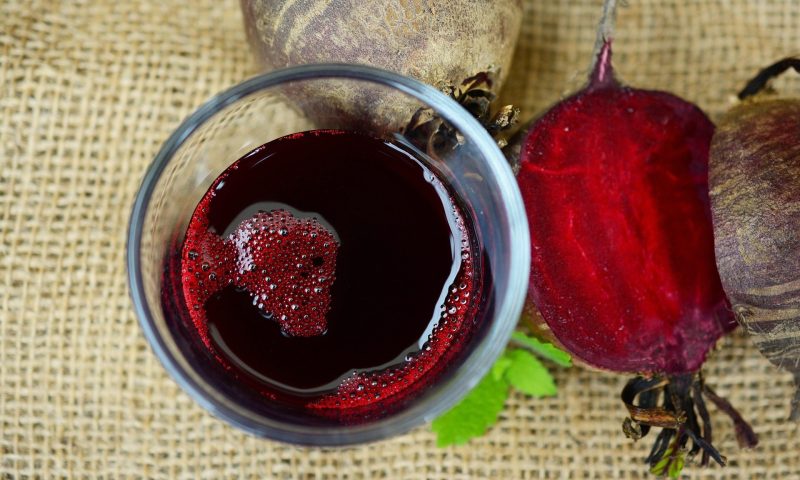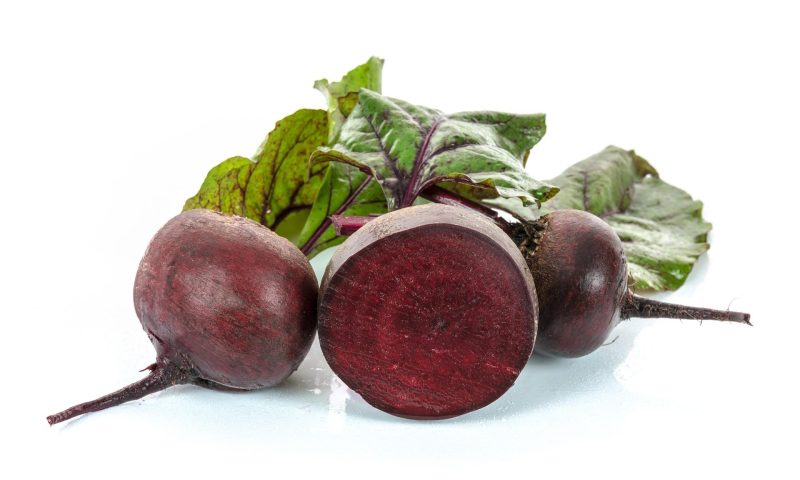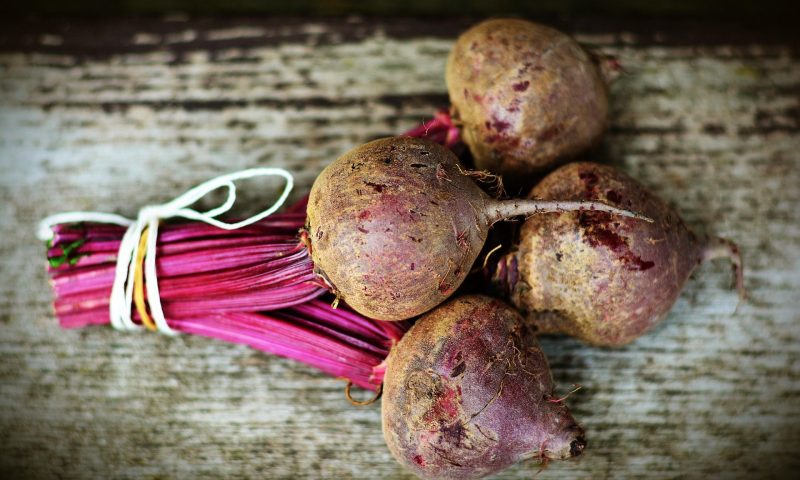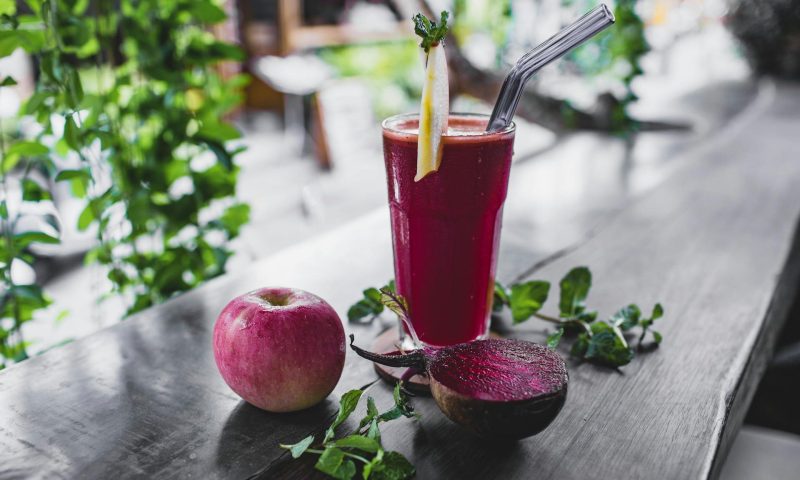After studying and writing about nutrition for almost a decade now, I’ve learned about the many benefits of eating colorful fruits and veggies. I also experienced it myself as it helped simmer down inflammation and pain associated with my inflammatory autoimmune bone condition called Ankylosing Spondylitis. When Dr. Terry Wahls says “eat the rainbow,” she doesn’t mean Skittles.
These deeply colored fruits and veggies include polyphenols and antioxidants that researchers have associated with many benefits, including improving blood pressure, insulin resistance, lipid profiles, and systemic inflammation. In a recent study, researchers sought to determine whether drinking beetroot juice could enhance power, strength, endurance, and delayed onset muscle soreness, also known as DOMS. Let’s check out this interesting research.
The study

In research published in the Journal of the International Society of Sports Nutrition, the study authors aimed to understand how beetroot juice impacted climbers’ performance, so 27 climbers were categorized into three groups: a control group, a placebo group, and a beetroot juice group. The researchers assessed performance and recovery measures, such as:
- Flexibility
- Horizontal jump
- Pressure pain threshold
- Isokinetic and isometric strength
One week following testing, climbers took 70ml of beetroot juice, water, or a placebo before climbing up to 3,720 meters.

The study authors also evaluated delayed onset muscle soreness in participants’ hamstrings, quads, and gastrocnemius muscles at the following times:
- Two hours before the climb
- Immediately following the climb
- 12 hours after descending
- 24 hours after descending
- 48 hours after descending
- 72 hours after descending
The results

The researchers reported the following:
- 24 hours after descending, there was a significant improvement in delayed onset muscle soreness in the gastrocnemius muscles in the beetroot juice group, but not in the control group. The gastrocnemius muscles are the muscles that make up the bulk of your calf. Interestingly, these results weren’t seen in the quads, which are those large muscles at the front of your thighs.
- The beetroot juice group showed significant improvements in the following compared to the placebo and water groups: flexibility, estimated VO2 max, pressure pain threshold, and isokinetic and isometric strength indicators.
The study authors attribute the benefits of nitrates to the juice. 70ml of beetroot juice contains around 400mg of nitrate. Nitrate is a natural compound that your body changes to nitric oxide, or NO. NO helps improve oxygen delivery to your muscles and regulates your blood pressure. NO is also a vasodilator, which means it widens blood vessels.
The takeaway

I’m interested in following up on the growing research on beetroot juice and its potential to enhance workout and athletic performance. While this is a small study of only 27 climbers, it is a randomized, placebo-controlled, double-blinded study that aligns with previous research, concluding that beetroot juice can boost athletic performance. The researchers noted that this colorful reddish purple juice boosts oxygen levels, glucose, and nutrients like magnesium, potassium, and vitamin C. Additional research revealed that beetroot juice lowered post-exercise muscle pain.



